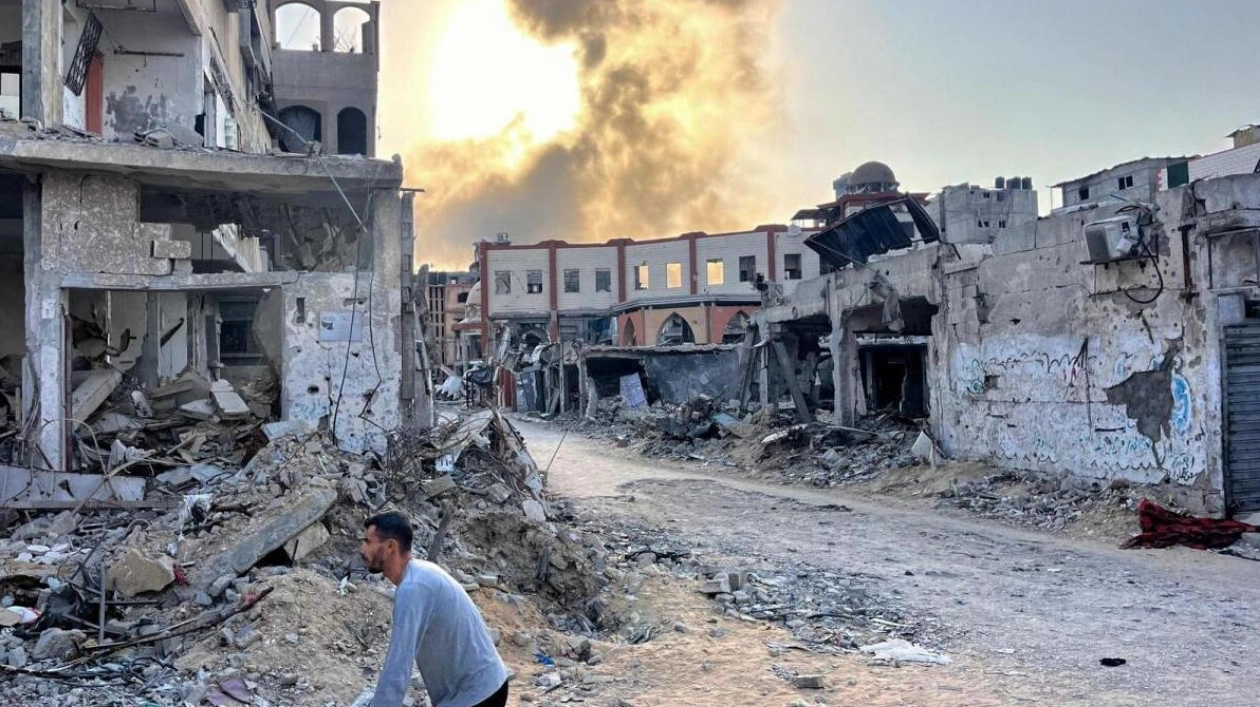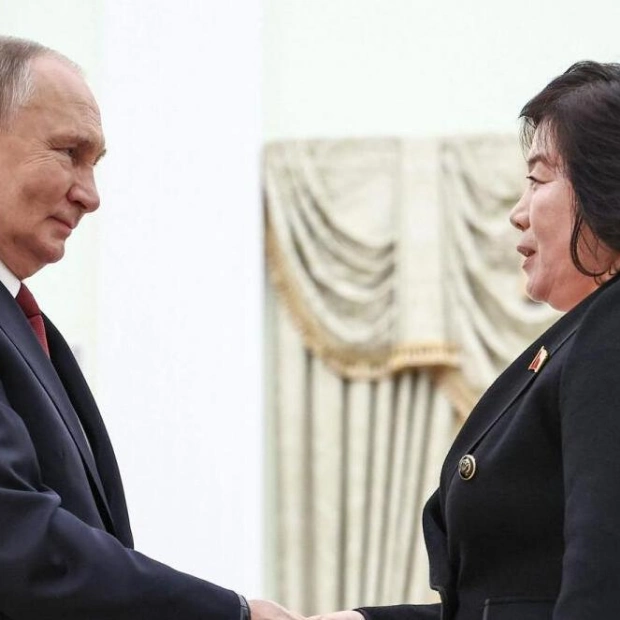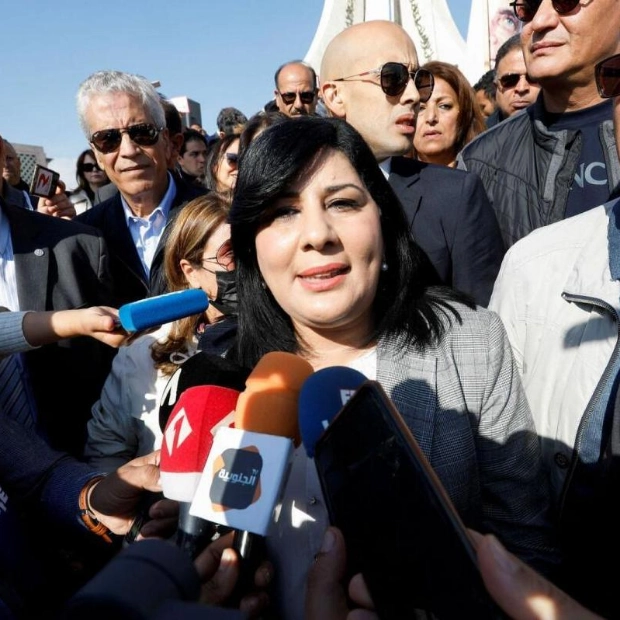Smoke billows after an Israeli airstrike in Beit Lahia, located in the northern Gaza Strip, on November 1, 2024. — AFP
Israeli forces intensified their bombardment of the Gaza Strip on Sunday, resulting in the deaths of at least 23 people, according to Palestinian medics. More than half of these fatalities occurred in the northern regions, where the Israeli army has been conducting a month-long campaign aimed at preventing Hamas from regrouping. Palestinians have condemned the new aerial and ground offensives, along with forced evacuations, as 'ethnic cleansing' designed to empty two northern Gaza towns and a refugee camp to establish buffer zones. Israel refutes these claims, asserting that their actions target Hamas militants launching attacks from these areas.
Medics reported that at least 13 Palestinians were killed in separate attacks on homes in Beit Lahiya and Jabalia, the largest of Gaza's eight historic refugee camps and the focal point of the army's latest military operation. The remaining deaths were attributed to separate Israeli air strikes in Gaza City and the southern areas. Israel has not provided a statement regarding its military actions in northern Gaza on Sunday.
On Saturday, the Israeli military deployed a new army division to Jabalia to reinforce two other operating battalions. A statement from the military claimed that hundreds of Palestinian militants have been killed since the operation began on October 5. Meanwhile, COGAT, the Israeli army's Palestinian civilian affairs agency, facilitated the launch of the second round of a polio vaccination campaign in northern Gaza, with 58,604 children receiving a dose.
The Gaza health ministry criticized Israel's military offensive in northern Gaza for hindering the vaccination of thousands of children in Jabalia, Beit Lahiya, and Beit Hanoun. One clinic came under Israeli fire while parents were bringing their children for the anti-polio dose on Saturday, resulting in four children being injured. The World Health Organisation's Director-General, Tedros Adhanom Ghebreyesus, expressed concern that the attack occurred despite a humanitarian pause agreed upon by Israel and Hamas to allow the vaccination campaign to proceed.
A broader ceasefire to end the war and secure the release of Israeli and foreign hostages held in Gaza, as well as Palestinians imprisoned by Israel, remains unlikely due to disagreements between Hamas and Israel. Hamas insists on a permanent end to the war, rejecting recent offers for temporary truces, while Israeli Prime Minister Benjamin Netanyahu maintains that the war can only end when Hamas is eradicated. The conflict erupted after Hamas-led militants attacked Israel on October 7, 2023, killing approximately 1,200 people and taking 251 hostages back to Gaza, according to Israeli figures. Israel's retaliatory offensives have resulted in the deaths of over 43,000 Palestinians and have largely reduced Gaza to ruins.
Source link: https://www.khaleejtimes.com






